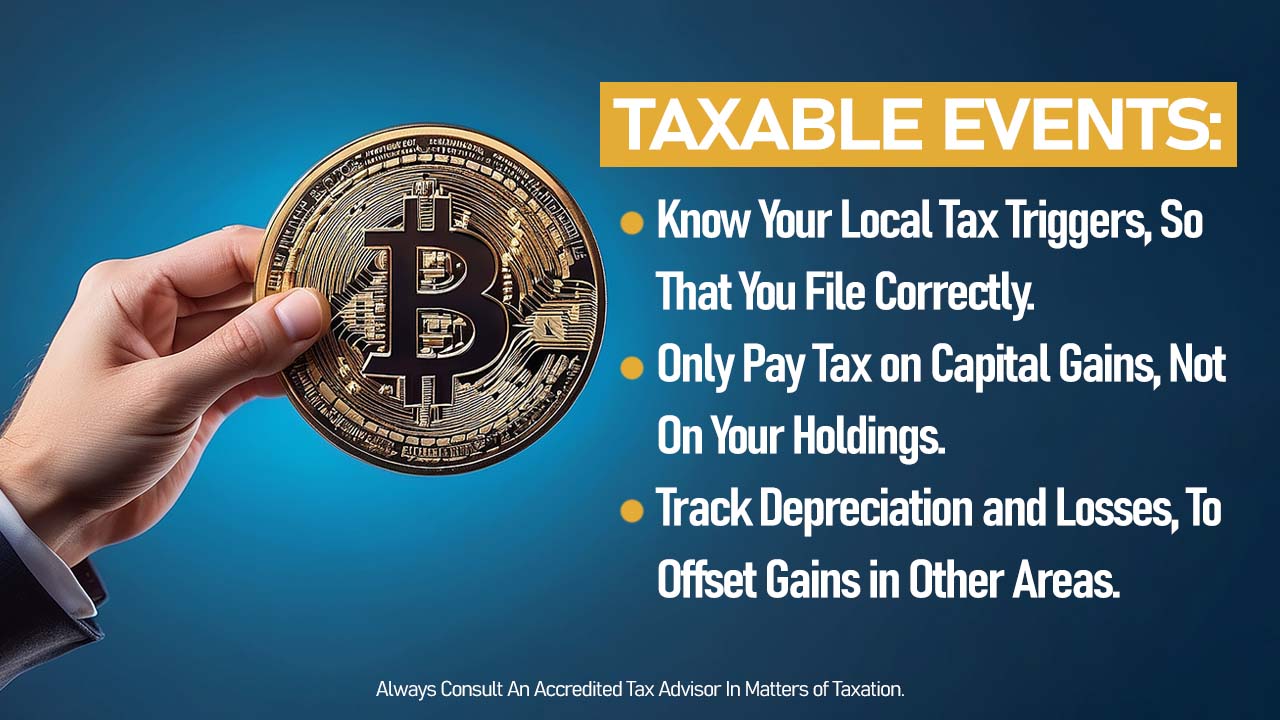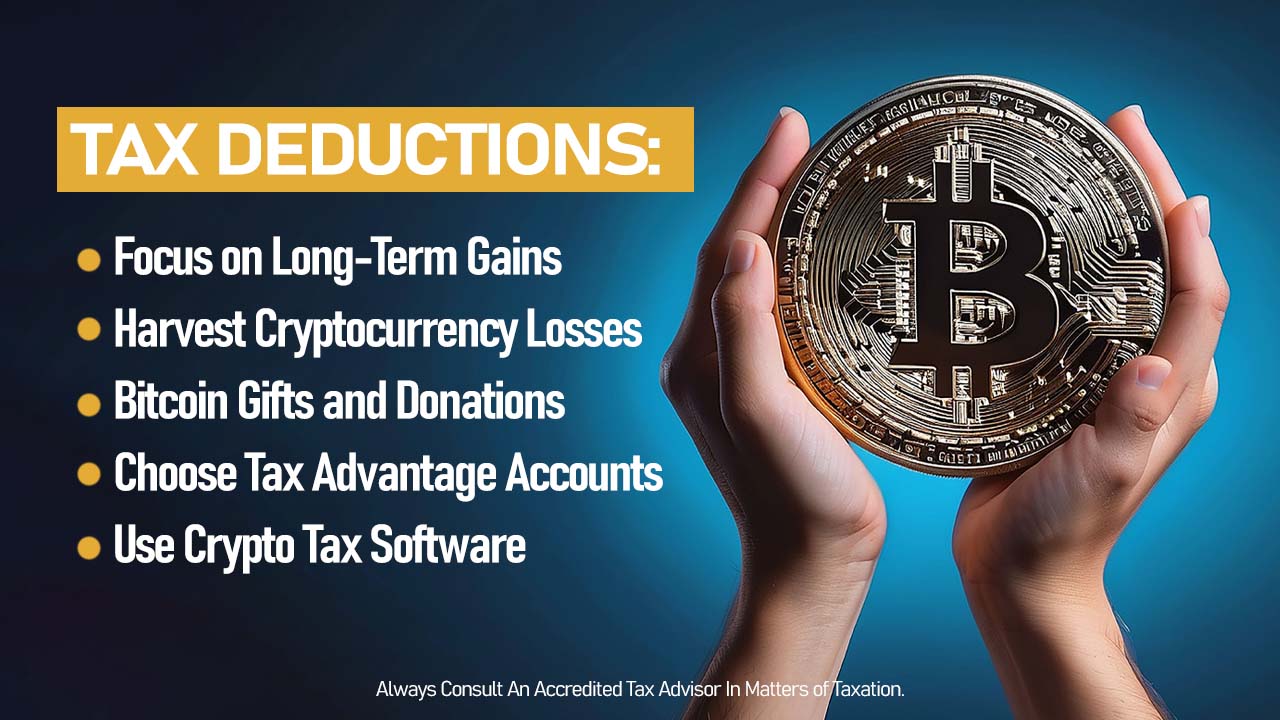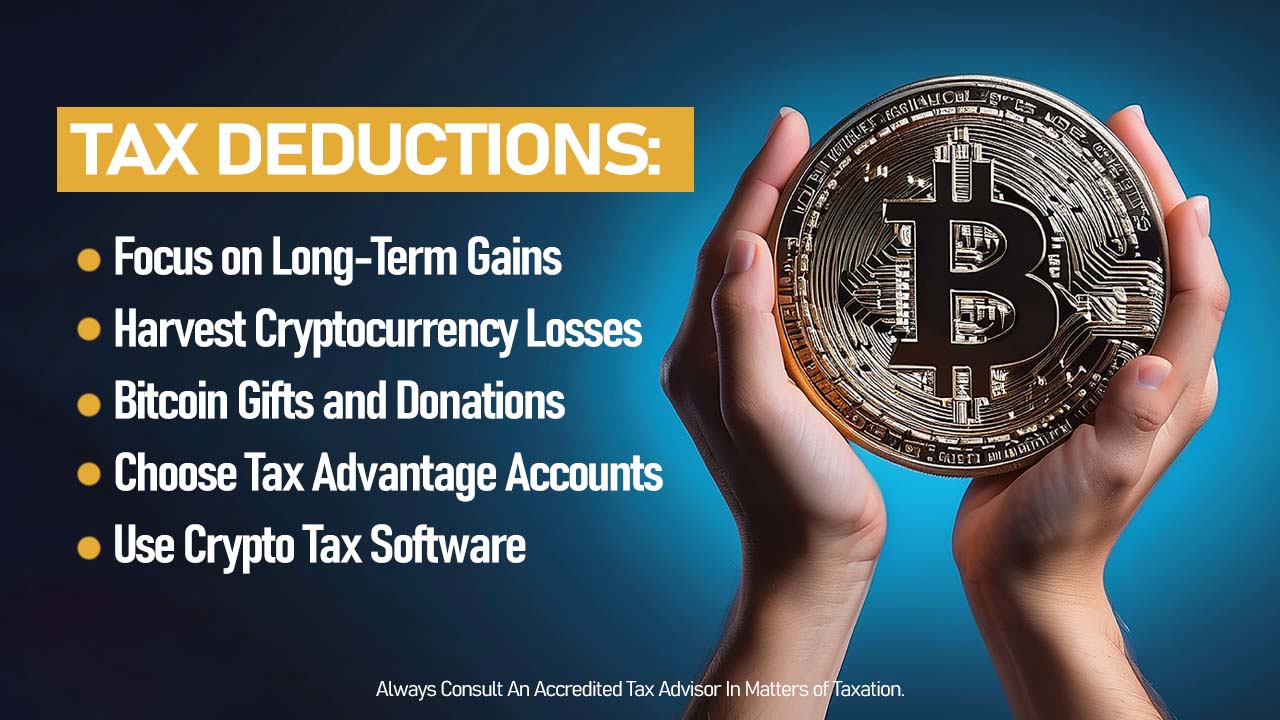With the global appeal of online gambling and high-value cryptocurrencies like Bitcoin, we have put together a guide to tracking, managing, and properly filing your taxes with local revenue services in 2024.
With regulated online gambling and its tax implications still in its infancy, casino fans are now faced with a new challenge: how to account for crypto casino winnings and what can be claimed from losses.
In this handy guide to crypto casino taxes, we will take a global view of the topic to help you better understand how to approach reporting on your gambling spend, what can and can’t be claimed for, and how to avoid common mistakes that can turn a crypto casino windfall into a big payday for your local authorities.
Calculating Your Crypto Gambling Income
We are not going to hide the lead; if you are new to gambling online with cryptocurrencies like Bitcoin, here are the steps you will need to follow to make the most of your wins and losses.
- Calculate Your Winnings: First, figure out how much your crypto winnings are worth in your local money. You can use the exchange rate from when you won or an average rate from that time.
- Add Casino Bonuses and Airdrops: If you get any bonuses or crypto airdrops from a gambling site, add those to your winnings as income.
- Deduct Any Fees and Other Costs: Subtract any expenses from your gambling, like fees or bets that didn’t win.
- Calculate Your Net Gain: After subtracting costs from your winnings, you’ll have your net income from gambling.
- Check Your Local Tax Rules: Find out if you need to pay taxes on your gambling wins based on where you live. Rules about taxing gambling income can differ from place to place.
- Report Your Winnings: If you owe taxes, report your gambling income correctly when you file your taxes. Also, keep track of all your calculations and future transactions.
Read to learn more about each of these six steps, including how to calculate your gains and losses, how to report on each of these, and when to call in a local tax consultant.
What Are Taxable Events in Crypto Gambling?
For the purposes of managing your personal taxes, a “taxable event” is any time you realise a profit from the sale of an asset. It also comes in handy that any such sale or transfer that results in a loss can be applied against your overall gains to balance the scales.
- Gambling Taxation: Most countries do not tax player winnings from gambling. They are considered income and do not attract capital gains tax. It is crucial that you check with your local tax guide to see if this is true for your country.
- Capital Gains: It is also essential to add that investments or assets are generally taxed once sold. They only represent a potential increase in local currency value, not a realised one.
- Managing Losses: This is especially true of your crypto holdings, which can grow and shrink dramatically from one day to the next. They only become taxable once you sell them for a fiat currency or, in some regions, exchange them for another type of asset.

How to Report Crypto Casino Winnings
Treating any income from your crypto winnings from Crash and other games of chance as you would any other investment portfolio is always the safest option. This means you need to establish a portfolio baseline in your local currency and then keep detailed reporting and receipts for any of the aforementioned taxable events.
Showing your account value at the start will make it easier to report the income generated by your winnings accurately. These winnings themselves should not incur any taxes unless you live in a country like the USA where gambling winnings are taxed. We recommend reviewing your local gambling tax requirements when preparing your tax returns.
You will, however, need to track activities such as transferring Bitcoin casino winnings into a stablecoin or trading them for cash, which you withdraw to your local bank account or crypto wallet, as these are taxable events that will see you increasing your net wealth, which will trigger capital gains queries.
The same is also true for losses or depreciation. Be sure to track all digital assets sold at a loss, charitable donations made using crypto, and losing bets, as these can lower your tax burden.
Make the Most of Your Tax Crypto Deductions
Bitcoin gambling tax returns are no different from your annual income tax returns in that deductions and strategies can be allowed to help you minimise how much tax you end up paying.
Five of the most common strategies to follow are:
- Focus on Long-Term Gains: Many regions provide benefits for long-term investments, such as lower tax rates or increased loss carryovers.
- Harvest Cryptocurrency Losses: Selling some of your assets during low-income periods or when the Bitcoin price drops can lower your taxable income through “realised losses.”
- Bitcoin Gifts and Donations: Depending on your local tax laws, you can write off a portion of your gains by making charitable contributions or even gifting to others using crypto.
- Invest in Holdings with a Tax Advantage: If your country allows you to invest in managed accounts that are open to “alternative assets,” you might be able to gain the applicable tax advantages by moving your assets to such an account.
- Use Crypto Tax Software: Online tax software management and calculation applications are now available online to help you track your assets and prepare an optimised report for the upcoming tax year.
While you can get the ball rolling by staying informed on the crypto market and following the above guidelines when preparing your taxes, we always recommend using a local professional with accreditation in crypto tax law to ensure you maximise your returns and minimise your payouts.

Common Mistakes and How to Avoid Them
With the ongoing framing of crypto as completely anonymous and beyond government oversight, several simple mistakes can turn owning crypto from a boon to a burden.
These are 5 common mistakes to avoid to protect your wealth:
- Not filing because the government “will never know.”
- Not tracking your crypto cost basis accurately in your local currency.
- Not accounting for losses and depreciation when filing.
- Not utilising tax-optimisation strategies like long-term gains.
- Not consulting an accredited tax professional.
Whether you acquire your Bitcoin by winning big at a crypto casino or buying it as an investment through your local exchange, complying with the local tax code and paying your dues is essential to your long-term security.
